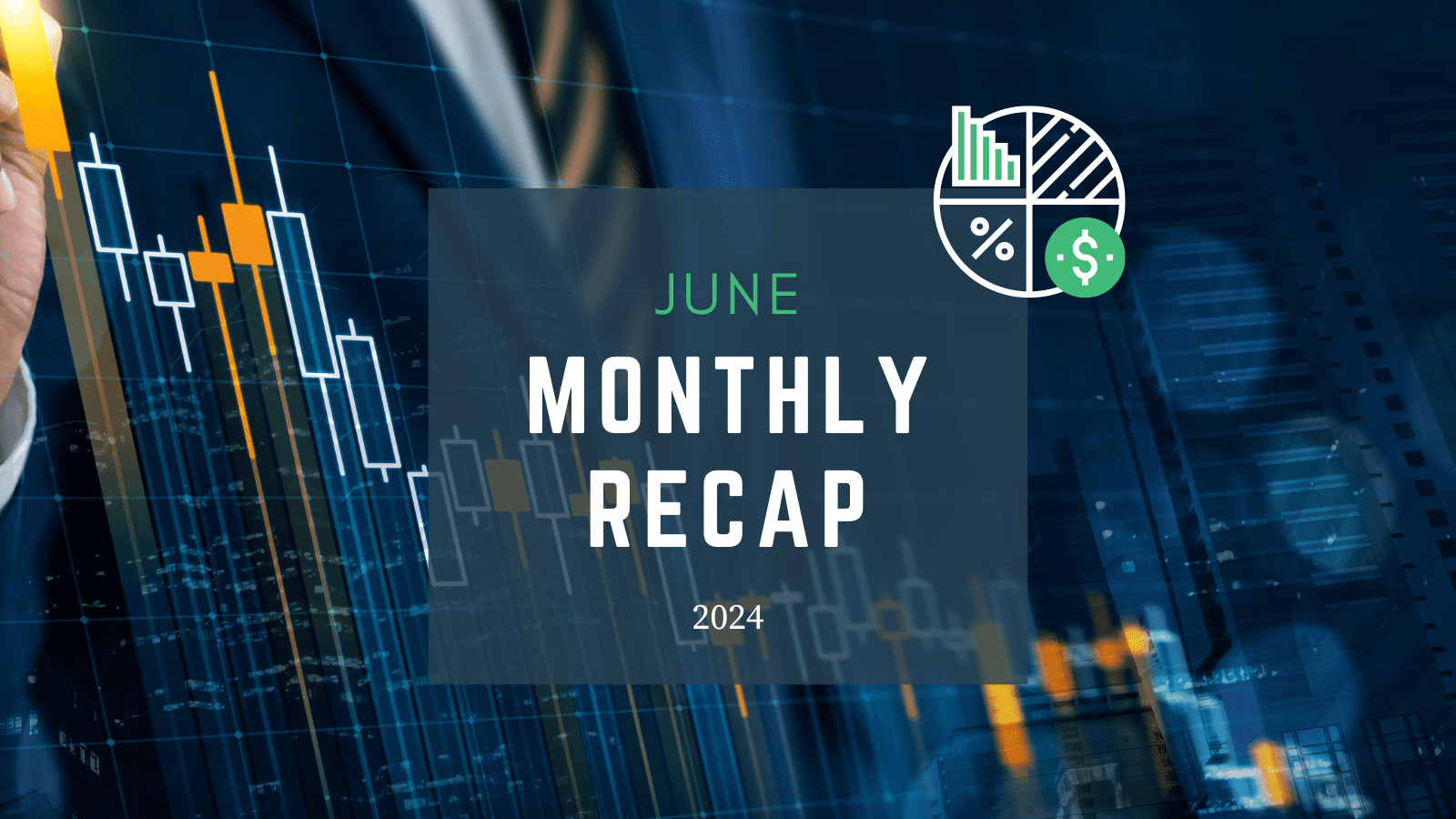
By Kaleb S. Doyle, CPA, CFP®
Commitment: It is an action which can bring up a great deal of pressure and emotion. For most people, the largest commitment they will make in their financial life is their home mortgage. As a recent homebuyer, I can attest to the emotional stress of planning how to best attack a home purchase and mortgage.
Conventional wisdom will say, “Paying interest will leave you in financial ruin —lean into the mortgage and pay it off as fast as you possibly can.” Your banker will say, “Maybe opt for a 15-year to lower your rate, or consider a 30-year and make extra principal payments. You’ll pay it off sooner!” While there is no “one-size-fits-all” plan for how to properly attack a mortgage, the goal of this article is to share my personal strategy, which might sound a little unconventional, and explain my rationale for why it could be the best answer for you and your family’s financial future.
My strategy for home
- Find a house you can reasonably afford.
This point might honestly be the most important one of my strategy. Simply because a bank will allow you go all the way up to a 40% monthly debt-to-income ratio, that does not mean it is in your best interest. In other words, do not buy a mansion which leaves you with just enough money to barely keep the lights on or you are eating Ramen noodles for most of the week.
- Make the smallest down payment the bank will allow (while avoiding PMI).
When your cash goes into your house, that cash is dead. While it makes you further down the amortization table and allows a higher portion of your monthly payments to evade the wasteland known as “the interest portion,” today’s interest rate environment is historically attractive. Mortgages with 30-year fixed rates in the 2’s are now an option that my father and his father never dreamed would be possible. The low rates drastically change the conventional numbers from the past and unlock a massive opportunity to leverage your monthly cash flow into a powerful wealth-building tool.
- Take a 30-year mortgage and pay the minimum payment each month.

The first level of analysis most people consider at this point is something like the following: “The mortgage rate is 2.75%. Do I think I can out-earn 2.75% with my excess cash in the market?” While this is a valid line of thinking, it overlooks a huge factor that I would argue is just as important, if not more important. Specifically, your monthly mortgage payment amount is fixed, but the purchasing power of your cash is variable. Said another way, the $100 bill in your pocket today will buy you a larger basket of goods than a $100 bill will buy in 10, 20 or 30 years down the line. Consider the following example:
A $500,000 mortgage at 2.75% for 30 years carries a fixed payment amount of $2,041 per month. Let us assume you started this 30-year mortgage in September of 1990. Using the Bureau of Labor Statistics’ CPI (consumer price index) data for U.S. City Averages, a $2,041 fixed mortgage payment from 1990 would carry purchasing power of $1,043 in 2020. This means that when you adjust for inflation, your last payment is only going to feel like $1,043. Wouldn’t you like to freeze the price of a McDonald’s hamburger at $1.00 for the next 30 years?
Recall earlier in my second point when I said that cash going into a house is dead. This is why I am a proponent of only paying the minimum payment each month. Banks make it very easy and accessible to throw an extra dollar X of principal at your balance each month. This easy access is because banks know a dollar today is more valuable (has more purchasing power) than it will ever be in the future. As a long-term investor, I believe there are better uses of excess cash flow than saving 2.5% interest in an illiquid investment vehicle. This leads me to my last point:
- Dollar-cost-average your excess cash flow into diversified equities each month.
By opting for a long-term mortgage, you are able to leverage your monthly cash flow into wealth accumulation. Buying equity index funds each month is an easy and tax-efficient way to purchase stock market exposure at all price levels due to the monthly purchase timing. You buy when the market is up and buy when the market is down, which takes the pressure of timing the market out of the mental equation. The average annual return for the S&P 500 Index over the last 30 years was just over 9% per year. For a simple example, if an investor could invest excess cash flow of $1,000 a month and earn 7% for 30 years, the investor would have a final balance of over $1.2M.
Financial commitment is intimidating. By adopting a plan for tackling your mortgage, the stress and anxiety of such a commitment will seem less daunting. While maybe not for everyone, the strategy outlined above is perhaps more relevant now than ever before. This is primarily due to today’s historically low interest rate environment and the recent shift in the Fed’s monetary policy and willingness to print money at an unprecedented rate, making it easier to envision a world where the inflationary factor is even more greatly pronounced. Regardless of what strategy you choose for you and your family’s future, ensure you make a plan and commit to it.
Advisors from Compardo, Wienstroer, Conrad & Janes are ready to discuss the details of these strategies and how they may apply to your specific situation. You can contact us here.
© 2020 Moneta Group Investment Advisors, LLC. All rights reserved. This commentary was prepared based on the author’s personal experiences and is intended for informational purposes only based on materials deemed reliable, but the accuracy of which has not been verified. Given the dynamic nature of the subject matter and the environment in which this article was written, the information contained herein is subject to change. Examples contained herein are for illustrative purposes only based on generic assumptions. This is not an offer to sell or buy securities, nor does it represent any specific recommendation. You should consult with an appropriately credentialed professional before making any financial, investment, tax or legal decision. Past performance is not indicative of future returns. These materials do not take into consideration your personal circumstances, financial or otherwise. However, regardless of what strategy you choose for you and your family’s future, ensure you make a plan and commit to it.



